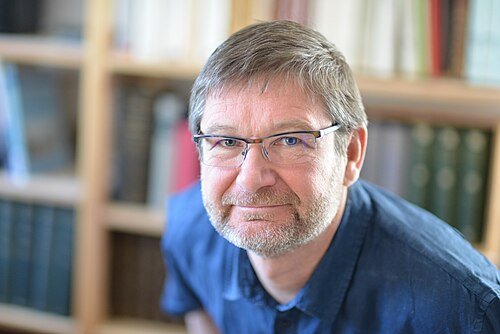DONDENA Seminar - David de la Croix

You may follow the seminar at the following link.
“Flora, Cosmos, Salvatio: Pre-modern Academic Institutions and the Spread of Ideas”
SPEAKER: David de la Croix (UCLouvain)
ABSTRACT:
While good ideas can emerge anywhere, it takes a community to develop and disseminate them. In premodern Europe (1084-1793), there were approximately 200 universities and 150 academies of sciences, which were home to thousands of scholars and created an extensive network of intellectual exchange. By reconstructing interpersonal connections that were made via institutional affiliations, we demonstrate how the European academic landscape facilitated the diffusion of ideas and led cities to develop: examples include botanic gardens, astronomical observatories, and Protestantism. Counterfactual simulations reveal that both universities and academies played crucial roles, with academies being particularly effective at connecting distant parts of the network. Moreover, we show that the diffusion of ideas through the network is remarkably resilient, even if we remove key regions such as France or the British Isles. In Europe, ideas gain prominence when they are channeled effectively by powerful institutions.
BIO:
David de la Croix (born 1964, PhD 1992) is Professor of Economics at UCLouvain (Belgium) and research fellow at CEPR. He has taught on a visiting basis at UCLA, Copenhagen, Aix-Marseille, Nanterre, Capetown, São Paulo, Taipei, Rostock, NYU Abu Dhabi, Poznań, and Manchester. He is the instigator and editor-in-chief of the Journal of Demographic Economics, published by Cambridge University Press, and was associate editor for the Journal of Economic Growth, the Journal of Economic Dynamics and Control, the Journal of Development Economics, and the Journal of Public Economic Theory. David de la Croix studies the nexus between human capital and long-run economic growth. He has developed general equilibrium frameworks that highlight how mechanisms and incentives contribute to higher productivity and the accumulation of knowledge. He had a particular focus on how longevity changes incentives to educate, the effect of the interaction between education and fertility on growth, how family types shape human capital accumulation, and how knowledge institutions affect economic progress. David’s specific approach is to develop quantitative theory to measure the importance of these mechanisms in explaining key features of the data.